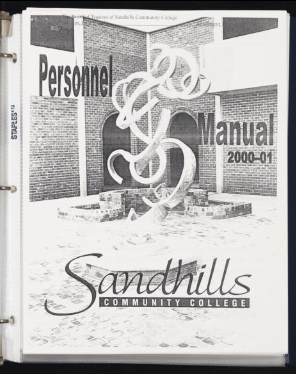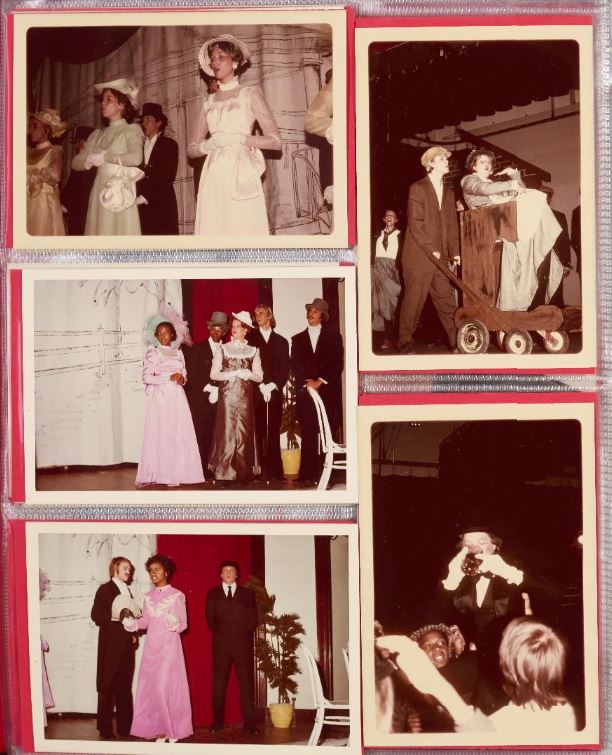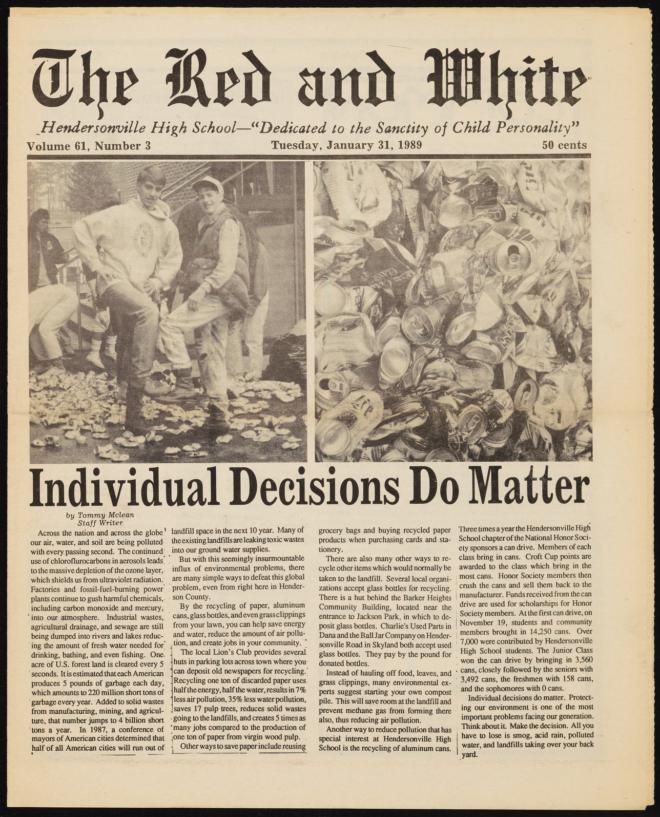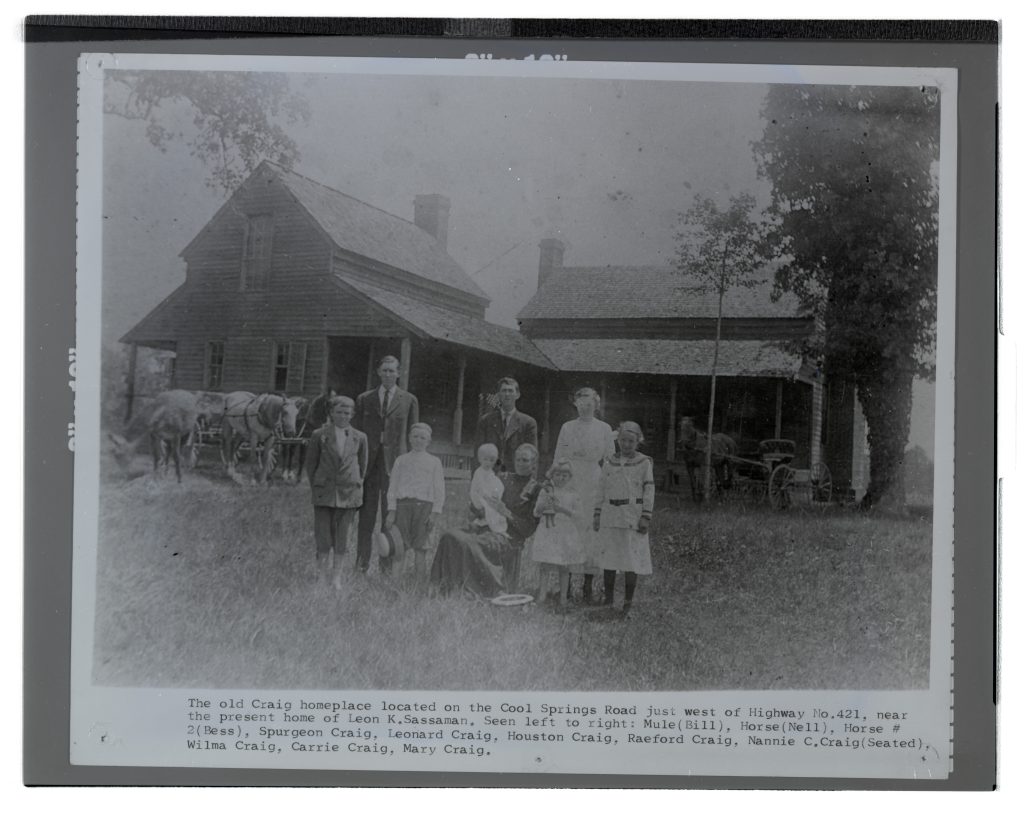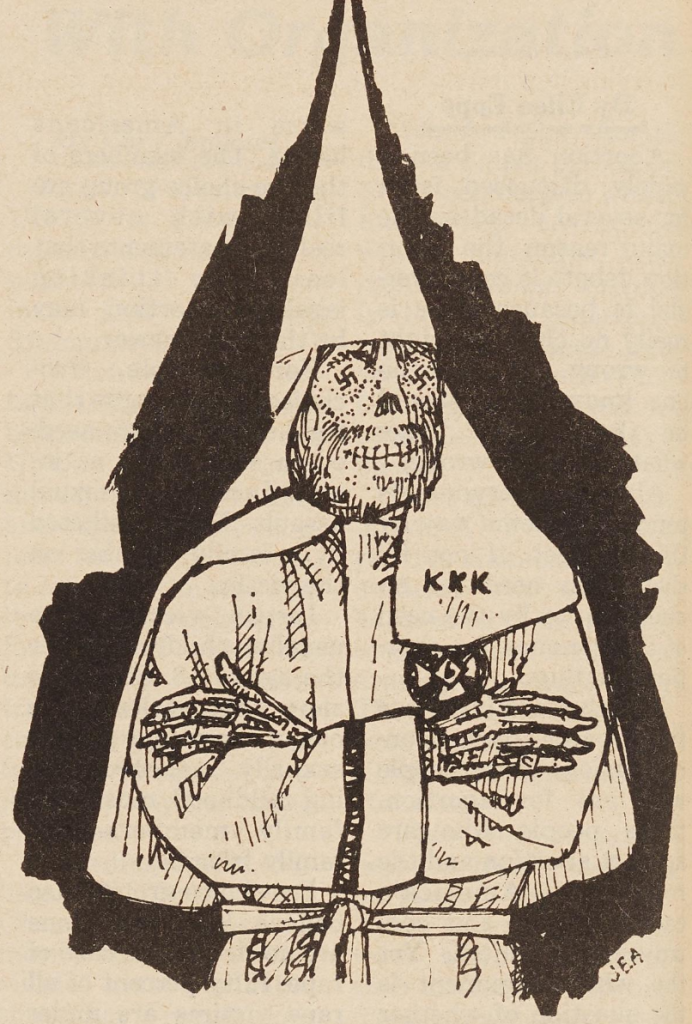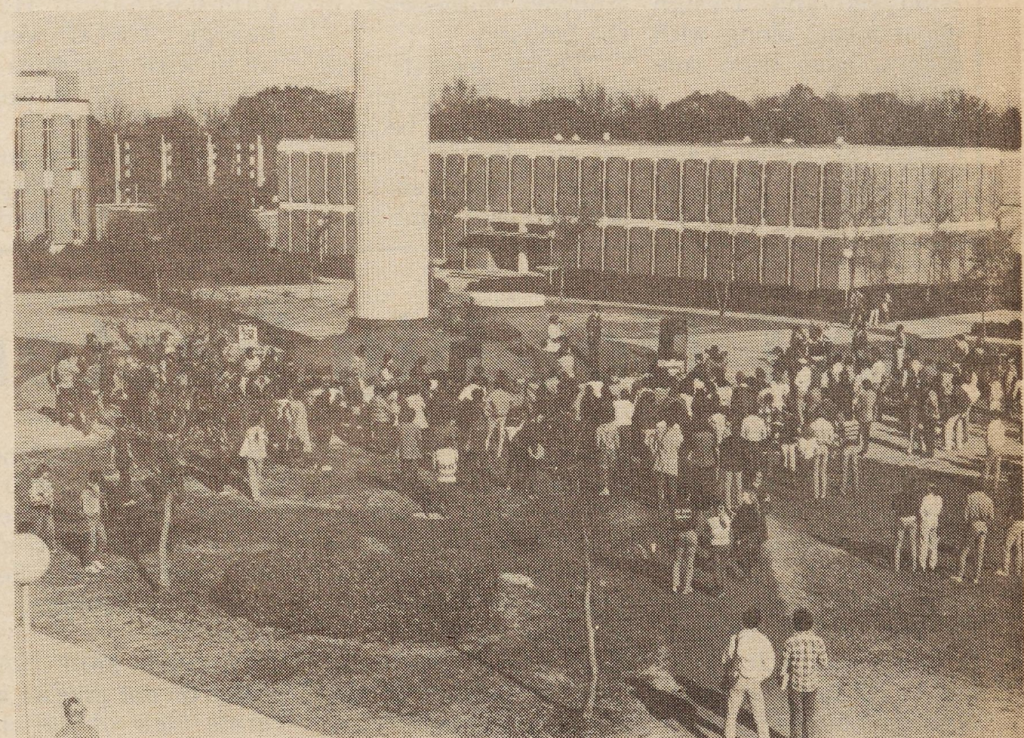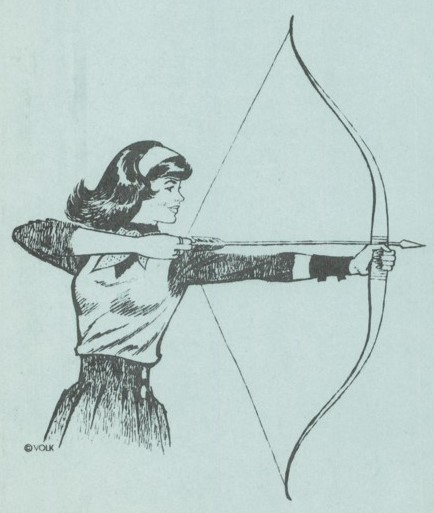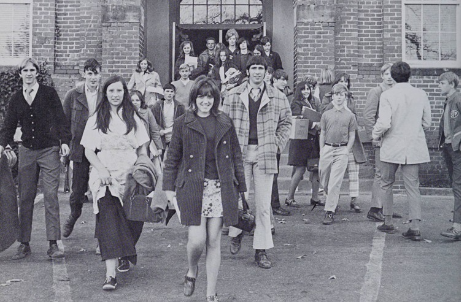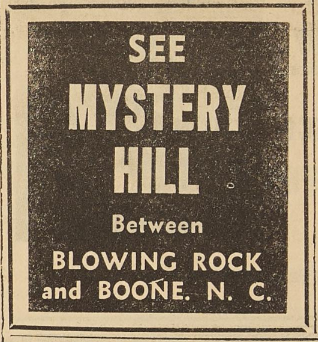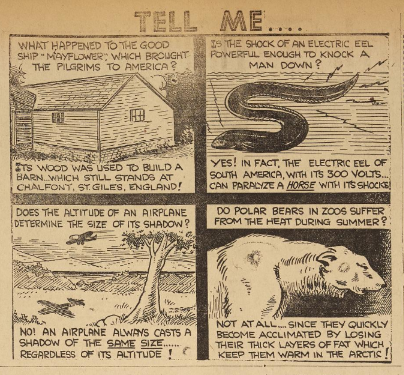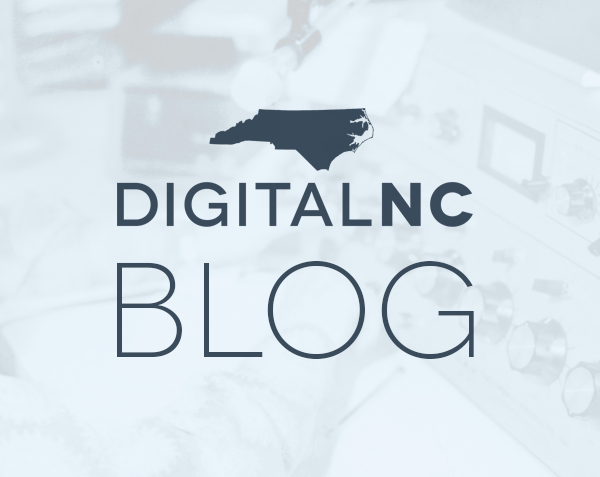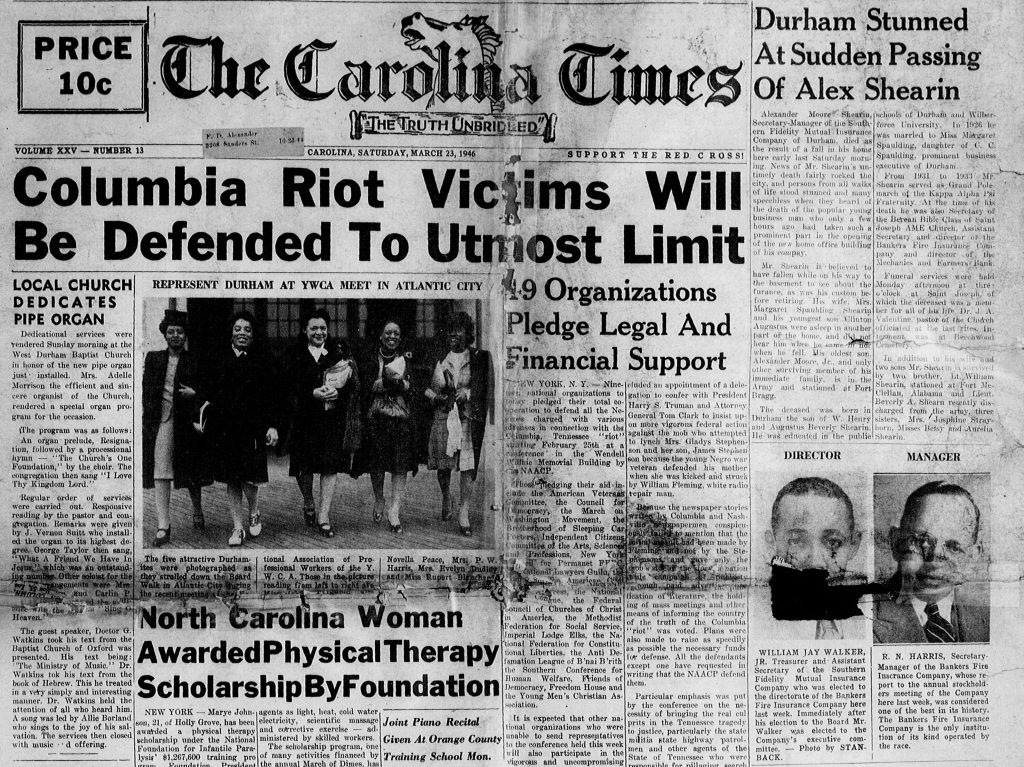
Anyone who has done any research with historic newspapers in North Carolina should send a thank you to the State Archives of North Carolina. Through the Archives’ decades-long efforts, newspapers from across the state have been painstakingly gathered and microfilmed, making copies available to researchers all over the world. The majority of the hundreds of thousands of microfilmed newspapers on our site were filmed by State Archives staff over the years.
We are working with the State Archives over the next year to bring thousands of pages of newspapers dating from the early 19th century through the early 20th century to DigitalNC. For the most part, these won’t be available anywhere else online. Many are new titles for DigitalNC. Each month we’ll post a batch of around 20 titles. Note that for most of these papers, there will only be a handful of issues.
This first month includes all of the issues in the entire group that were identified as Black newspapers. In addition, you’ll find papers from the white community from Elizabeth City, Jackson, Moyock, Murfreesboro, Potecasi, and Rich Square – Currituck, Hertford, Northampton, and Pasquotank Counties. We are excited about adding these to our site, and look forward to some truly hard-to-find additions!
Black Newspapers
- The Carolina Times (Durham, N.C.) – two rare issues from 1946
- The Colored Industrial (Lincolnton, N.C.)* – issues from 1901, 1903
- The Metrolinian (Charlotte, N.C.)* – issues from 1971
- The Queen City Gazette (Charlotte, N.C.)* – one issue from 1964
- The Raleigh Independent (Raleigh, N.C.)* – one issue from 1920
- The Weekly Journal (Charlotte, N.C.)* – one issue from 1978
- Wilmington Journal [1945-1994] (Wilmington, N.C.)* – issues from 1952
- The Wilmington Herald [1894] (Wilmington, N.C.)* – one issue from 1894
White Papers from Currituck, Hertford, Northampton, and Pasquotank Counties
- The Daily Dixit (Elizabeth City, N.C.)* – one issue from 1887
- Daily Economist (Elizabeth City, N.C.) – 1905-06-21 issue
- The Weekly Economist (Elizabeth City, N.C.) – 1877-05-02 and 1877-05-16 issues
- Elizabeth City High School Student Newspaper* – issues from 1918
- The Elizabeth-City Gazette, and Public Advertiser (Elizabeth City, N.C.) – 1807-07-31, 1807-08-13, 1807-08-20, and 1807-12-31 issues
- The Elizabeth-City Star and North-Carolina Eastern Intelligencer (Elizabeth City, N.C.) – 1825-04-30 and 1908-04-15 issues
- The Great Issue (Elizabeth City, N.C.)* – issues from 1905
- The Independent (Elizabeth City, N.C.) – 1911-02-09, 1913-09-25, 1913-10-09, 1916-09-28 issues
- Murfreesboro Index (Murfreesboro, N.C.) – 1903-10-23 and 1903-11-06 issues
- Northampton Progress (Jackson, N.C.)* – issues from 1919, 1920
- The Picayune (Moyock, N.C.)* – issues from 1923-1925
- Roanoke Patron (Potecasi, N.C.) – 1886-04-01, 1887-03-15, 1891-09-17 issues
- The Northampton County Times-News (Rich Square and Jackson, N.C.) – 1927-11-03 issue
* – Titles new to DigitalNC
You can browse and search all of the newspapers on DigitalNC on our newspapers page.


